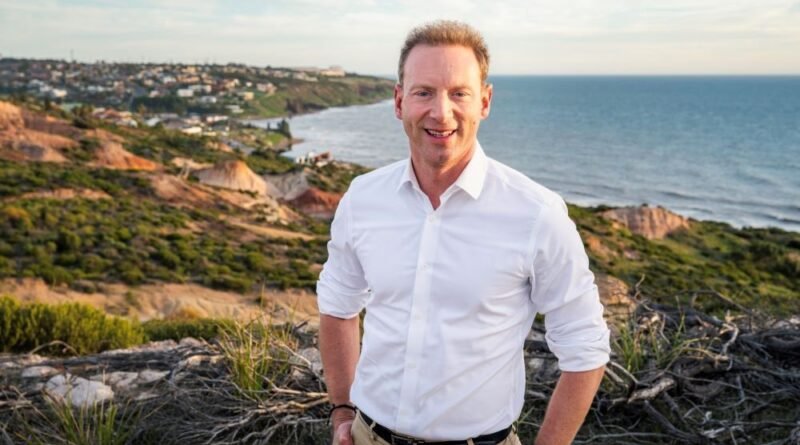South Australian Politician Alleges Being Targeted by Deepfake Video
Former South Australian (SA) Liberal Opposition Leader and Member for Black, David Speirs, claimed he has been the victim of artificial intelligence deepfake after videos surfaced allegedly showing him snorting white powder from a plate.
Speirs quit the leadership a month ago and denies being the person in the video.
The video and picture were first published by News Corp, allegedly recorded at 4:12 a.m. on June 30 inside Speirs’ Adelaide kitchen.
No source for the video was named, with claims being made that the footage arrived via a third party.
Speirs called the footage “very troubling,” adding that it was not him.
“That is very strange … I would never have done that. I’m quite horrified by that,” he told media.
“I believe this is a deepfake or an elaborate hoax.”
The Epoch Times contacted Speirs for comment.
Current Liberal leader Vincent Tarzia said the video should be reported if it was a deepfake.
“Any suggestion of this kind of activity is of concern to me, and my party takes these matters very seriously,” he said.
“It would be inappropriate for further comment until all facts are known.”
Tarzia won the leadership in August after Speirs stepped down, saying he didn’t have the energy to continue in the role.
SA Premier Peter Malinauskas expressed concern about the threat of deepfakes in politics.
“The issue of AI-generated images and deep fakes is a challenge that we’ve got to confront, and it’s not unrelated to the social media challenge,” he told Sky News.
“It does represent a threat to democracy. We’re going to keep our eye on it and here in the state parliament we’re actually bringing in legislation to address it and make sure it’s a criminal offence.”
Politics at Risk of AI
AI could start to become more of a hot topic in elections and politics as technology advances.
On Sept. 7, Independent Senator David Pocock called for a generative AI ban for the next federal election. He posted two fake videos, generated by AI, which showed both the prime minister and opposition leader advocating for gambling bans to highlight how they could spread misinformation.
Earlier this year, European Union (EU) foreign policy chief Josep Borrell also suggested that Russia had been using state-sponsored campaigns to flood voters with deceptive AI-driven content.
In one such case in Hong Kong, a businessman was duped by an AI video call with people he thought were his colleagues.
The confusion has prompted governments the world over to consider stricter rules and regulations around the growing technology.





